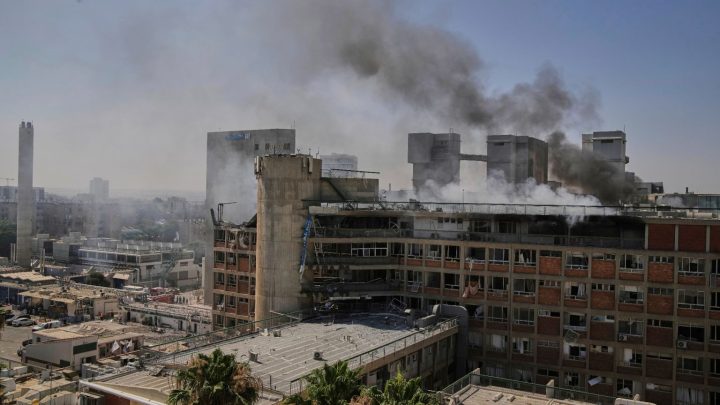South Korean President Yoon Suk Yeol faced a dramatic turn of events on Wednesday as he was arrested over his unsuccessful attempt to impose martial law. This unprecedented move came after a prolonged standoff involving hundreds of anti-graft investigators and police officers who descended on his residence.
Yoon’s arrest marks a significant moment in South Korea’s political history, as he becomes the first sitting president to be taken into custody.
The scene at the presidential residence was intense, with law enforcement officials scaling walls and navigating back trails in their determined effort to apprehend Yoon.
This was not the first time authorities had tried to arrest Yoon. A previous attempt had ended in a tense standoff with members of Yoon’s security detail, but this time, the president agreed to cooperate and left his residence to prevent further escalation.
Supporters rally as arrest takes place
As news of Yoon’s arrest spread, his staunch supporters gathered outside the residence, waving flags and chanting slogans. Despite efforts to block the investigators, Yoon was taken into custody, leading to a flurry of activity and heightened tensions in the area.
Yoon’s arrest is just the beginning of a legal battle that is unfolding in parallel with his impeachment trial. The proceedings continue without his presence, with his legal team raising objections to the warrants and the handling of the case.
Uncertain future for South Korea’s leadership
As South Korea grapples with the aftermath of these events, the country faces an uncertain future in terms of its leadership.
The implications of Yoon’s arrest and impeachment trial are likely to reverberate across the political landscape, shaping the course of events in the days and weeks to come.
The arrest of South Korean President has not gone unnoticed on the global stage, with international leaders closely monitoring the unfolding situation in South Korea.
Diplomatic channels are abuzz with discussions on the implications of Yoon’s arrest for regional stability and international relations.
In the wake of Yoon’s arrest, public outcry and civil society movements have surged across South Korea. Protests and demonstrations have erupted in major cities, with citizens expressing a range of opinions on the events leading to the president’s detention.
Economic impact and market volatility
The uncertainty surrounding Yoon’s arrest has also had repercussions on the country’s economy, with markets experiencing heightened volatility and investor confidence wavering.
Analysts are closely monitoring the financial fallout of these developments and assessing the long-term economic impact.
Yoon’s arrest has thrown a wrench into South Korea’s domestic policy landscape, casting doubt on the future trajectory of key legislative initiatives and government reforms.
Lawmakers are grappling with the fallout of these events and recalibrating their priorities in light of the political upheaval.
The media frenzy surrounding Yoon’s arrest has dominated headlines and sparked intense public discourse on the state of democracy and governance in South Korea.
Journalists and commentators are dissecting the implications of these events, shaping public opinion and influencing the national conversation on political accountability.
Check also;
- Donald Trump Says His Arrest Would Be ‘Catastrophic ‘ For US
- Vice President Of Malawi Arrested Over Corruption Charges
Please use the button below to contribute to Newslex Point, Inc. using a credit card or via PayPal.

 Newslex Point News in Uganda, Uganda news
Newslex Point News in Uganda, Uganda news












